World Cup 2022: Where is Qatar and how did it become an independent nation?

Qatar, formally known as the State of Qatar, has been making headlines as the much-criticised host of the 2022 FIFA World Cup.
From slavery allegations and the illegality of homosexuality, to the implications of the country’s religious laws and the nation’s disregard for sustainable practices, people across the globe have been protesting Qatar for a long list of reasons.
Amidst all the news articles and condemnation, you may have found yourself wanting to get a better understanding of Qatar, including its location, language, culture, and history.
Here’s everything we know.
Where is Qatar?
Qatar is a Western Asian country located on the north-eastern coast of the Arabian Peninsula.
Given its unique position near the Persian Gulf, the nation technically only shares a border with Saudi Arabia.
However, its nearby neighbours are Bahrain and the United Arab Emirates, with Iran being right across the water.
Its capital is Doha, colloquially known as a mini Dubai due to its futuristic architecture and ex-pat community.
Qatari citizens speak Arabic as their native tongue but, given the immense number of expatriates, English is common.
2017 data on the Qatari population revealed that locals are the minority, with 313,000 Qataris and 2.3 million expats.
The country’s official religion is Islam.
Timeless Qatar
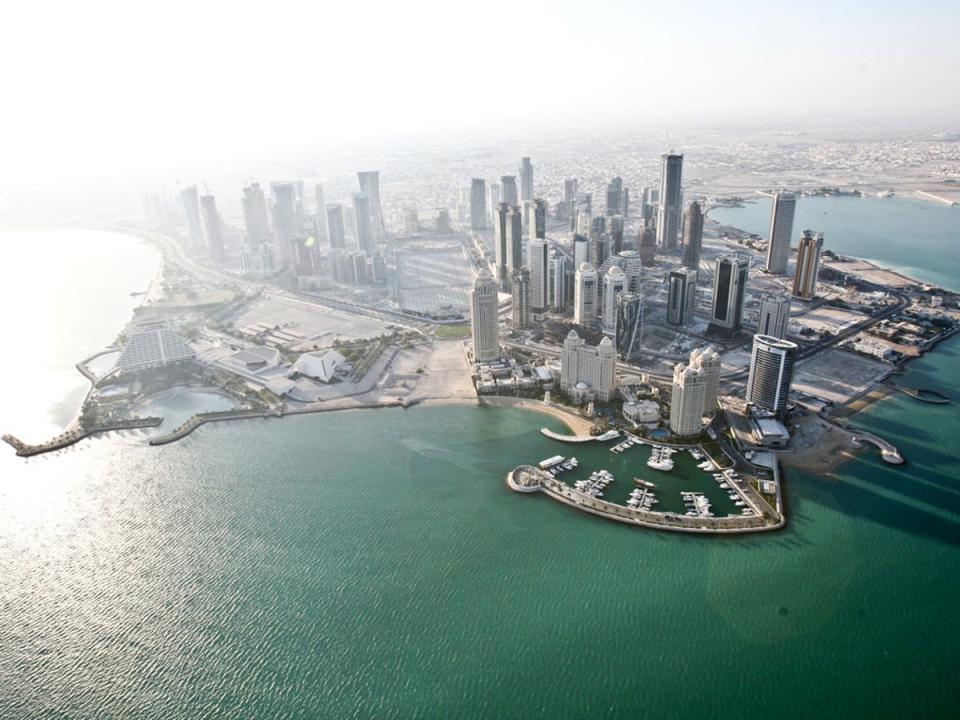
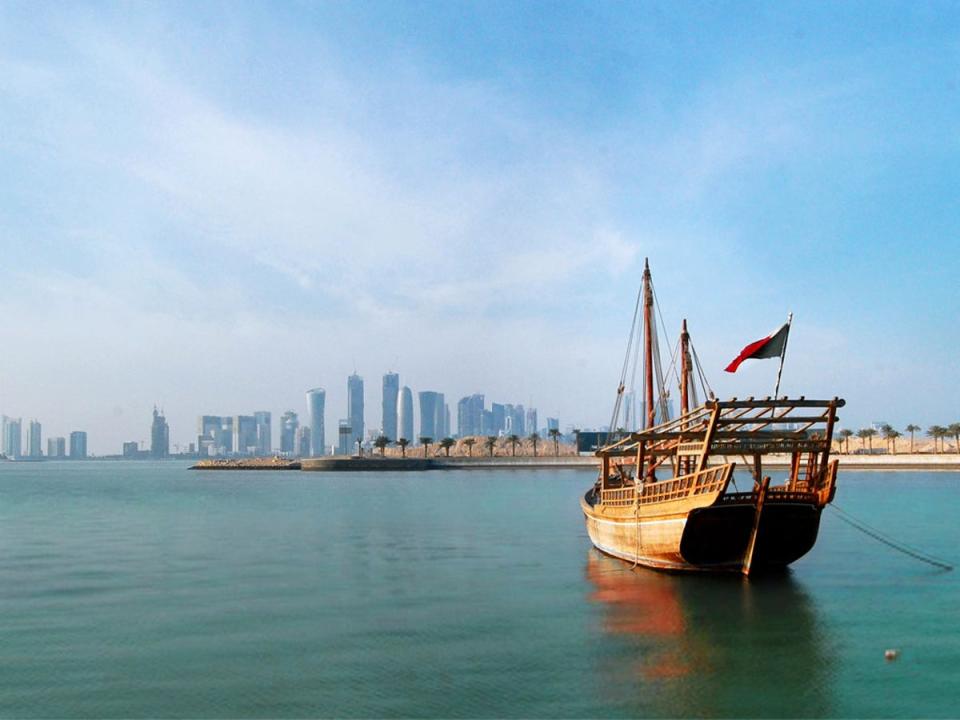
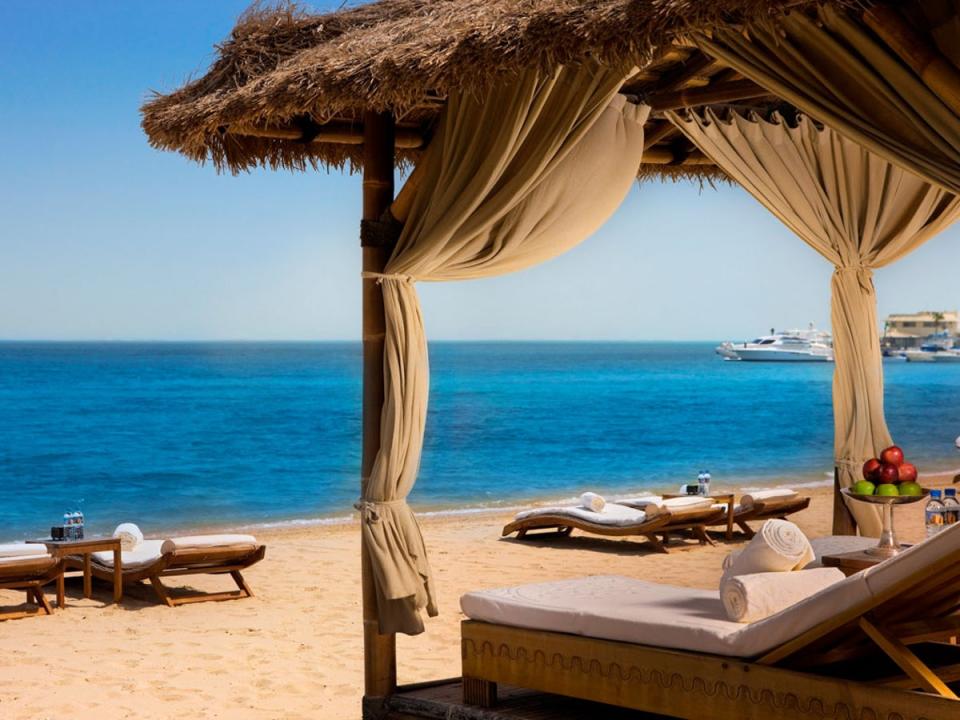
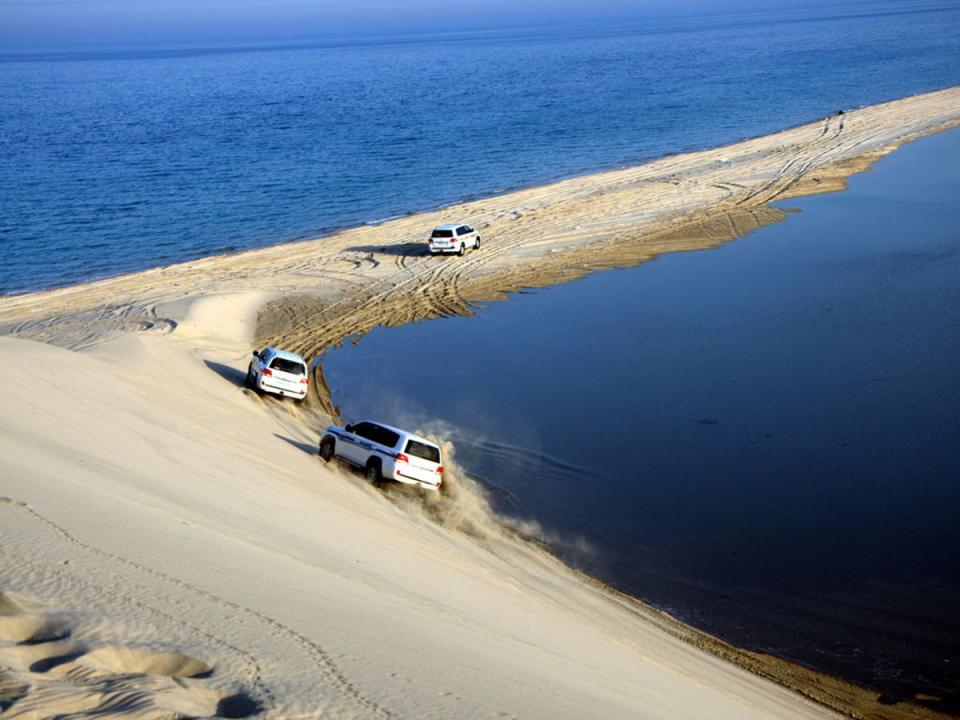
How was Qatar established as an independent country?
Like many countries, Qatar has a rich history, with various leaders and empires ruling it over the centuries.
The Kingdom of Ormus, for instance,ruled the country from the 1300s until the 1500s before the Portuguese seized it.
Preferring the Ottomans to the Portuguese, the inhabitants of that region voluntarily submitted to the rule of the Ottomans.
The Ottoman Empire was able to rule the country until the Bani Khalid tribe expelled them in 1670.
In the 1700s, the Al Khalifa family, who migrated from Kuwait to Qatar, took over the peninsula.
A century later, in 1825, the House of Thani was established, with Sheikh Mohammed bin Thani as its first leader. At the time, Qatar was accepted as a dependency of Bahrain. However, after a period of war between the two nations, the House of Thani signed a treaty with the British in 1868 that recognised them as a sheikhdom.
Qatar returned to the Ottoman Empire in 1871 with considerable unrest over the following years.
The Anglo-Turkish Convention of 1913 saw the Ottomans agree to release Qatar and, later, in 1916, the sheikhdom became a British protectorate.
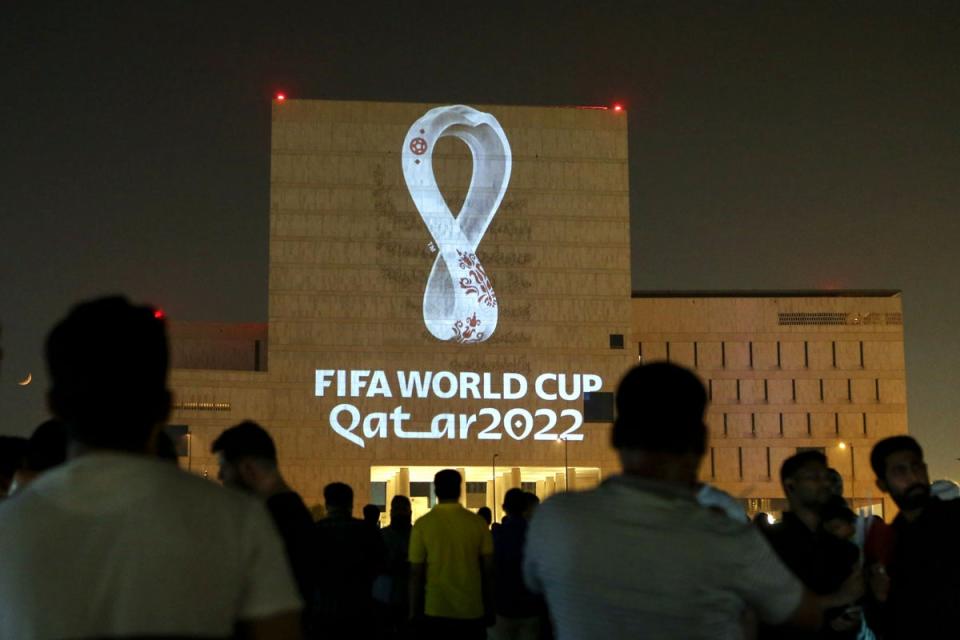
Following the First World War, in 1935, the British built an oil concession in the region, known as the Anglo-Persian Oil Company (the predecessor to BP), and the British Government granted the Qatari protection against internal and external threats.
The first oil reserves were discovered in 1939, but World War II delayed processes. After the war ended, Qatar’s first British political officer, John Wilton, was appointed.
Oil exports began in 1949, swiftly becoming the sheikhdom’s main source of income and causing a wave of infrastructural development.
In 1968, Britain officially announced that it would be withdrawing from the Persian Gulf. At first, Qatar, Bahrain, and several others were interested in forming a federation. However, both Qatar and Bahrain decided to become independent states instead, and the remaining regions joined to form the United Arab Emirates.

 Yahoo News
Yahoo News 
